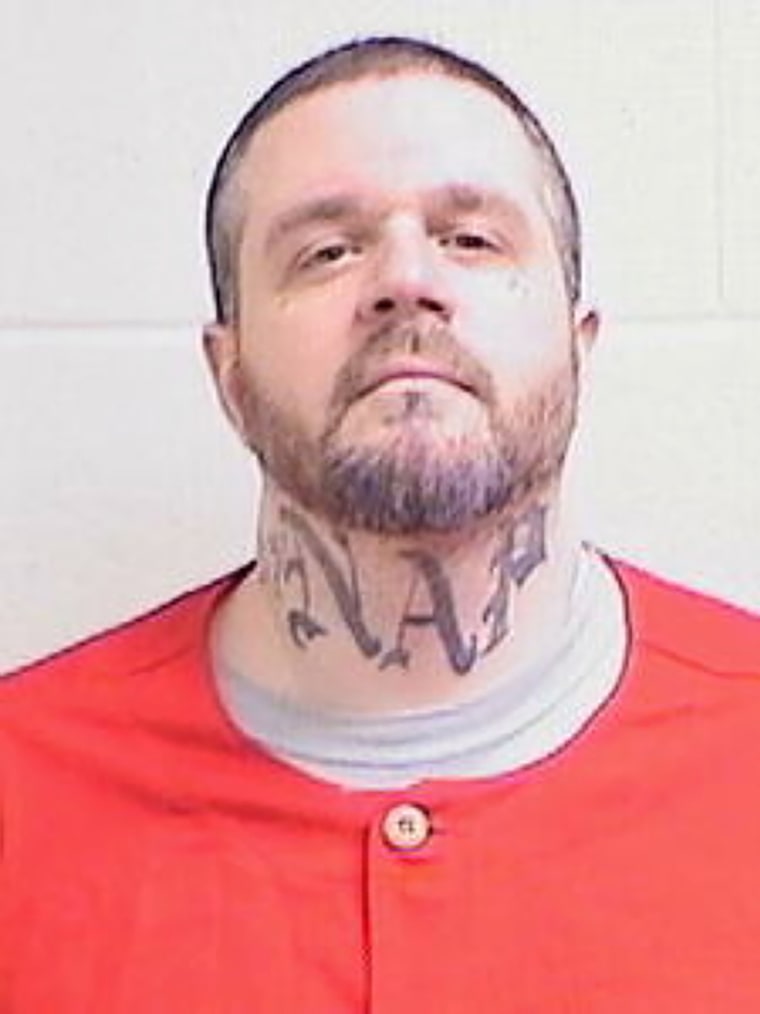Benjamin Ritchie: A Closer Look at His Case and Impact on Indiana

The case of Benjamin Ritchie has gripped Indiana and sparked national interest due to its legal, moral, and social implications. With his execution scheduled as the state’s second since 2009, discussions about the death penalty, criminal justice, and rehabilitation have come into sharp focus. This article dives into Ritchie's case, its background, recent legal developments, and what it means for local and national perspectives on capital punishment.
The Case Background
Benjamin Ritchie, now 45, has been on Indiana's death row for more than 20 years. He was convicted in the 2000 fatal shooting of Beech Grove Police Officer Bill Toney after a stolen van incident turned deadly during a foot chase. The loss of Officer Toney, a well-respected member of his community and a father, deeply affected Beech Grove and set the stage for a long legal battle over the appropriate form of justice for Ritchie’s actions.
As reported by NBC News, Ritchie’s execution is set to be carried out by lethal injection at the Indiana State Prison. Unless there is last-minute court intervention, the sentence will be executed “before the hour of sunrise.” Indiana, among 27 states with death penalty statutes, stands out for restricting media witness access—a policy currently under legal challenge by media organizations.
Legal Appeals and Mental Health Arguments
Ritchie's legal team has mounted several appeals, arguing that his original defense was ineffective. They claim that evidence about his fetal alcohol spectrum disorders and childhood lead exposure was not sufficiently presented. Medical professionals have documented Ritchie's “severe brain damage,” along with a bipolar disorder diagnosis received in 2005.
Advocates, including disability rights organizations, have called for his sentence to be commuted on the grounds that his cognitive impairments diminished his capacity to fully comprehend his actions at the time of the crime. Governor Mike Braun, however, denied the clemency request after consulting the parole board, citing ongoing violations during Ritchie’s incarceration and a determination that the case did not meet the threshold for sentence commutation.
Further details on legal proceedings and the community’s reaction can be found in the Associated Press report via NBC News.
Family and Community Perspective
The family of Officer Bill Toney has waited over two decades for closure. During recent clemency hearings, Toney’s widow expressed the family's need to move forward, remembering his life rather than the circumstances of his death. Ritchie, for his part, has voiced deep remorse in parole board statements, acknowledging the pain caused and expressing regret for his actions as a young man. His story serves as a lens on how crime, justice, and rehabilitation intersect in modern America.
To learn more about community impacts and legal commentary on executions in Indiana, visit the Indiana Capital Chronicle's coverage.
Broader Context: The Death Penalty in Indiana
Benjamin Ritchie's case is part of a larger national debate on capital punishment. Indiana, which resumed executions recently after a hiatus due to drug shortages, is one of only two states barring media witnesses. This has drawn scrutiny from journalists and legal advocates who argue for greater transparency. As more executions are scheduled nationwide, each case renews discussions about justice, deterrence, and rehabilitation.
Conclusion
The execution of Benjamin Ritchie is not just a matter of legal procedure—it highlights ongoing debates about the death penalty, mental health, and justice in Indiana. As his execution date approaches, voices on all sides continue to weigh in, ensuring that both the tragedy of Officer Toney’s death and the complexities of Ritchie’s life story remain central in the public consciousness.
For a comprehensive timeline and deeper insights into Indiana’s practices regarding the death penalty, review the full NBC News article.